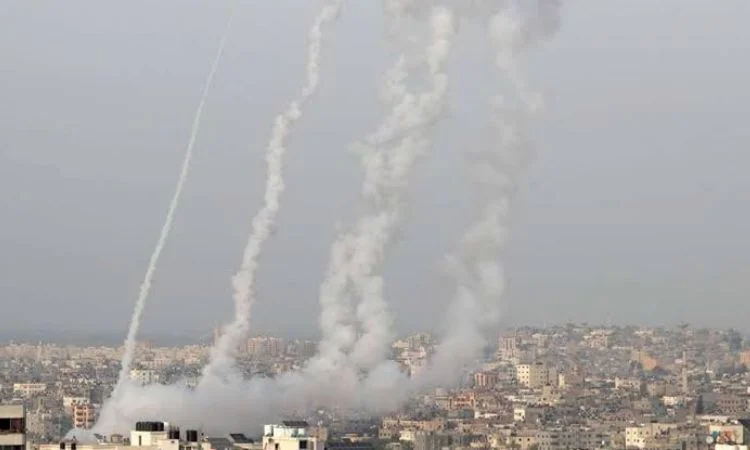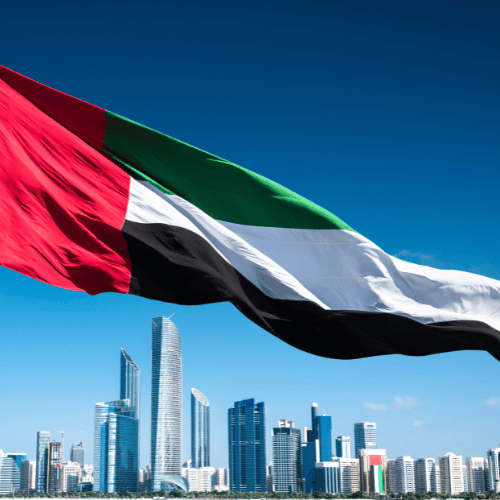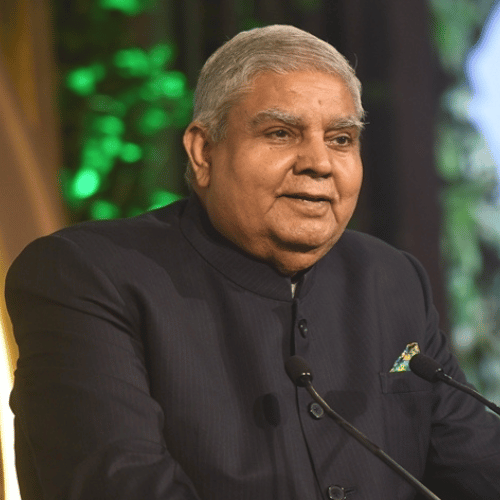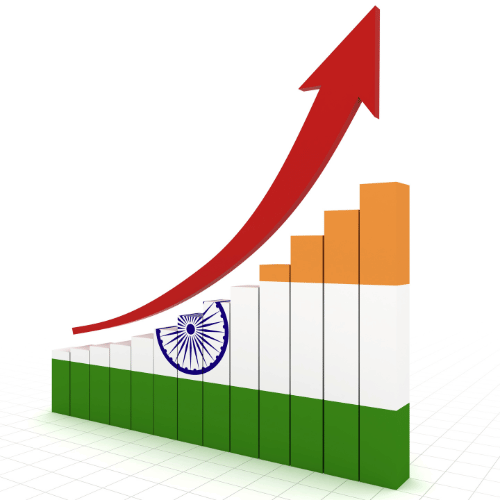The ongoing conflict between Israel and Palestinian militant group Hamas in Gaza is spreading its tentacles across the volatile Middle East region. According to analysts, the prolonged war risks destabilizing West Asia with rising threats to international shipping routes and implications for global oil supply.

Tensions have been rising since Hamas launched rocket attacks into Israel last October, drawing fierce Israeli retaliation in Gaza. While the immediate battle rages between the long-time adversaries, the situation is exacerbated by regional powers taking opposing sides. Iran serves as the key backer of Hamas and other anti-Israel elements. It funds, arms and trains these factions as part of a wider strategy to check Israeli influence.
As the Gaza war intensifies, Iranian proxies like Kataib Hezbollah militant group have stepped up attacks targeting US military bases in Iraq and Syria. Dozens of such incidents have occurred over past months, indicating a coordinated effort to draw American forces directly into the conflict. The latest brazen drone strike on an Iraqi airbase on December 25 that injured US soldiers shows the escalatory trajectory.
From Yemen, Tehran-backed Houthi rebels have also contributed to rising hostilities. They have launched cross-border missile and drone assaults on Saudi Arabia as well as commercial vessels traversing the Red Sea. In a worrying development, the Houthis reportedly targeted an India-bound oil tanker just 200 nautical miles off our coast on December 23rd. While details remain murky, this served as a stark reminder of how conflicts abroad can have spillover effects in the Indian Ocean region.
The flaring tensions pose serious risks of exploding into an all-out regional conflagration. Any clash between American and Iranian forces could prove disastrous. Even if a direct military showdown is avoided, attacks on global energy supply lines through the Red Sea could cripple critical trade routes and push up worldwide crude oil costs. Over 20% of global demand flows from the Persian Gulf.
As world powers look on with concern over West Asia’s brewing powder keg, diplomatic efforts are needed urgently to de-escalate tensions before the Israel-Palestine conflict spins out of control. However, with no end in sight to the decade-old impasse and shadowy middlemen fuelling proxy wars, peace seems a distant dream for now in the volatile flashpoint that is the Middle East. The international community is closely monitoring developments as the potential for serious economic and security consequences grows with each new situation.















